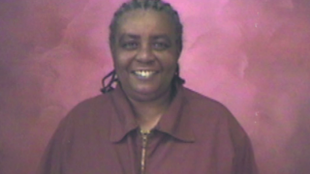Children Behind Bars: Justice for Juveniles Sentenced to Life Without Parole
“I want to know how it feels to sit with my sister and have a cup of coffee . . . to walk down the street . . . to sit in the car and hear the rain just beat down.” Six months before her death, Sharon Wiggins described her aspirations to a news reporter for a Philadelphia newspaper. In March 2014, Wiggins died at age 62 in a maximum-security prison, where she had been serving a life sentence without the possibility of parole since she was 17. While in prison, Wiggins obtained a degree from Penn State University and became employed by the university as a student services liaison; she tutored other prisoners to help them obtain GEDs and oversaw “back-on-track” programs for parole violators. Wiggins was one of about 2,500 prisoners serving life sentences without the possibility of parole for crimes they committed as juveniles (“juvenile lifers”); the United States is the only country in the world that still imposes this sentence. In consideration of the story of Wiggins, the evidence of differences between children and adults and the Supreme Court cases mandating changes in sentencing schemes, states should no longer impose mandatory life sentences without parole on [read more]

